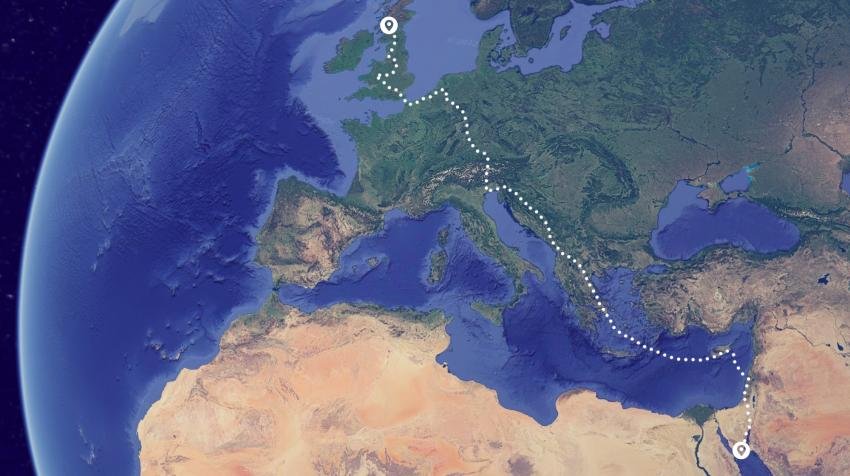Islamabad/ Cairo, 7 November 2022 (TDI): Shehbaz Sharif, the prime minister of Pakistan, is now at the Sharm El-Sheikh International Congress Center, in Egypt, for the “Sharm El-Sheikh Climate Implementation Summit.” This conference is a component of the 27th UN Climate Change Conference.
Shehbaz Sharif was welcomed by Antonio Guterres, the UN Secretary-General, and Abdel Fattah El-Sisi, the president of Egypt, at the Sharm El-Sheikh International Convention Center.
Prime Minister Shehbaz Sharif will attend the “Sharm El-Sheikh Climate Implementation Summit” on Monday with other international leaders to discuss solutions for the world’s environmental challenges.
Also read: All you need to know about COP27
The Middle East Green Initiative Summit, currently hosted by the Saudi Crown Prince Mohammad bin Salman, and the UN Secretary General’s roundtable to introduce the “Early Warning Systems for Executive Action Plan” are two other high-profile occasions where Shehaz Sharif will talk.
At the invitation of the Egyptian Presidency of COP-27, the Prime Minister and his Norwegian counterpart will co-chair roundtable talks on “Climate Change and the Sustainability of Vulnerable Communities.”
The prime minister has scheduled one-on-one encounters with various international leaders before the summit.
The COP-27 is happening amid the profoundly adverse effects of climate change that are being felt by millions of people worldwide, including millions in Pakistan.
Regarding COP-27, Prime Minister Shehbaz Sharif stated in a tweet that he would encourage the globe to fulfill its commitment to climate finance and the loss and damage fund in his capacity as Chair of the G-77.
He claimed that the COP-27 conference in Egypt might mark a turning point in the struggle against climate change and global warming.
The Prime Minister claimed that this year’s harsh weather in Pakistan and the Horn of Africa demonstrated the globalization of climate change.
Also read: Pakistan and Syria agrees to boost educational cooperation
He claimed that developing nations would continue to face several risks from climate change without financial assistance.
The Prime Minister claimed that our evaluation of Pakistan’s post-disaster needs revealed that state debt, escalating global energy and food costs, and a lack of access to adaptation funds might hinder Pakistan’s recovery and rehabilitation path.
He asserted that the world needs to use Pakistan as a case study and that we are requesting climate justice.
buy lipitor online https://aboutfeetpodiatrycenter.com/wp-content/uploads/2022/08/png/lipitor.html no prescription pharmacy
Editor at TDI and GNP | mashraf12.ma@gmail.com








